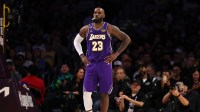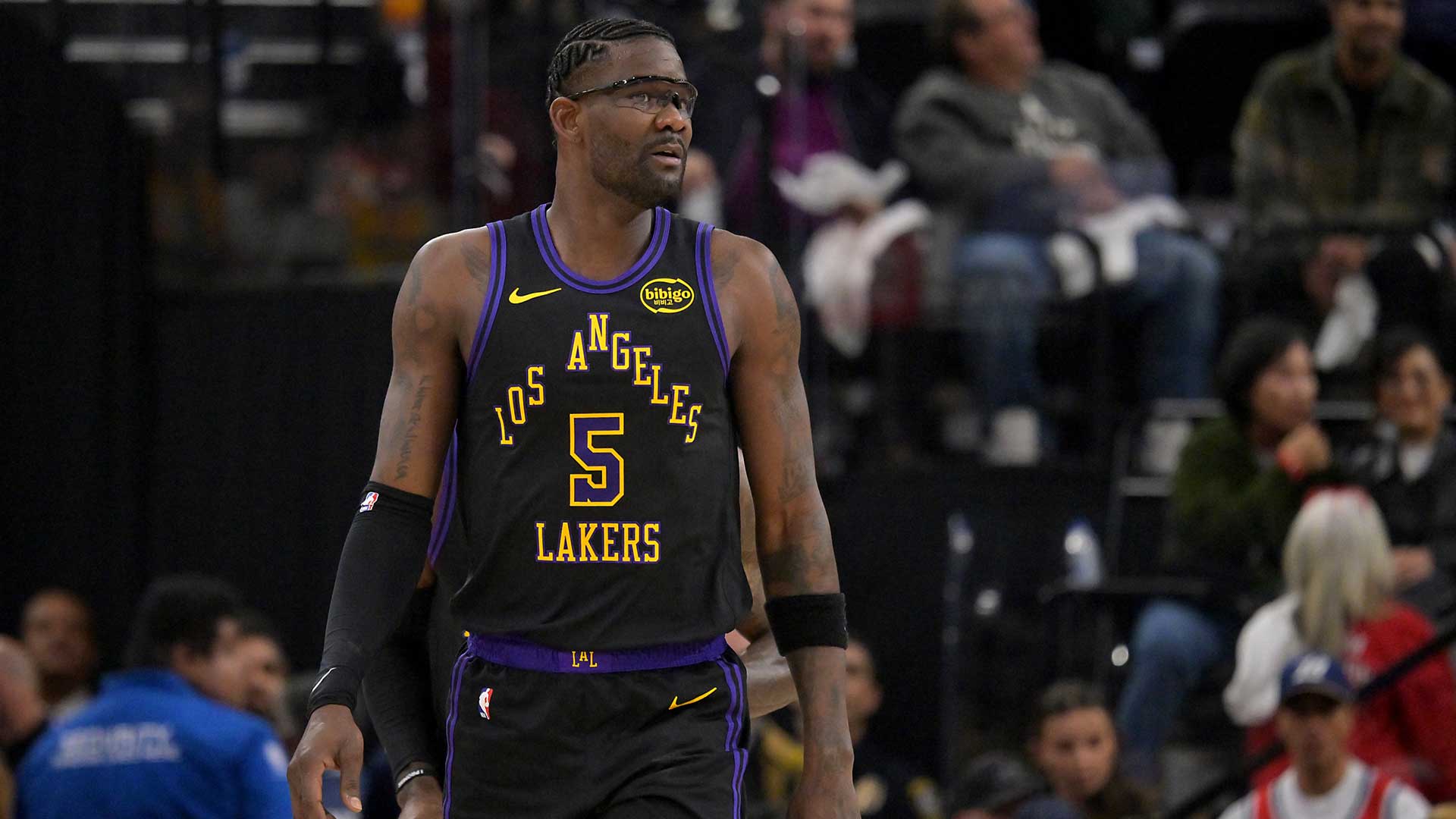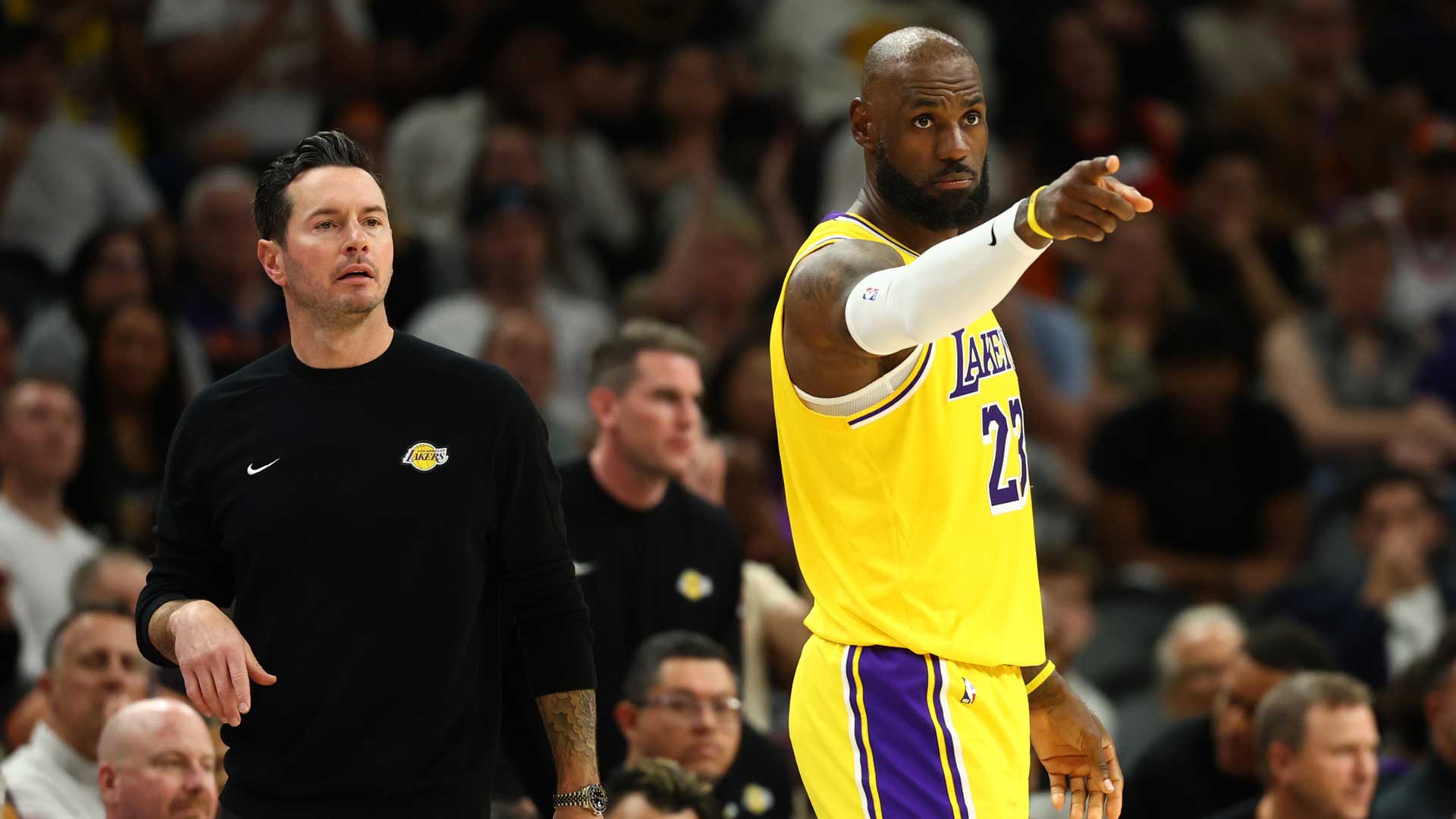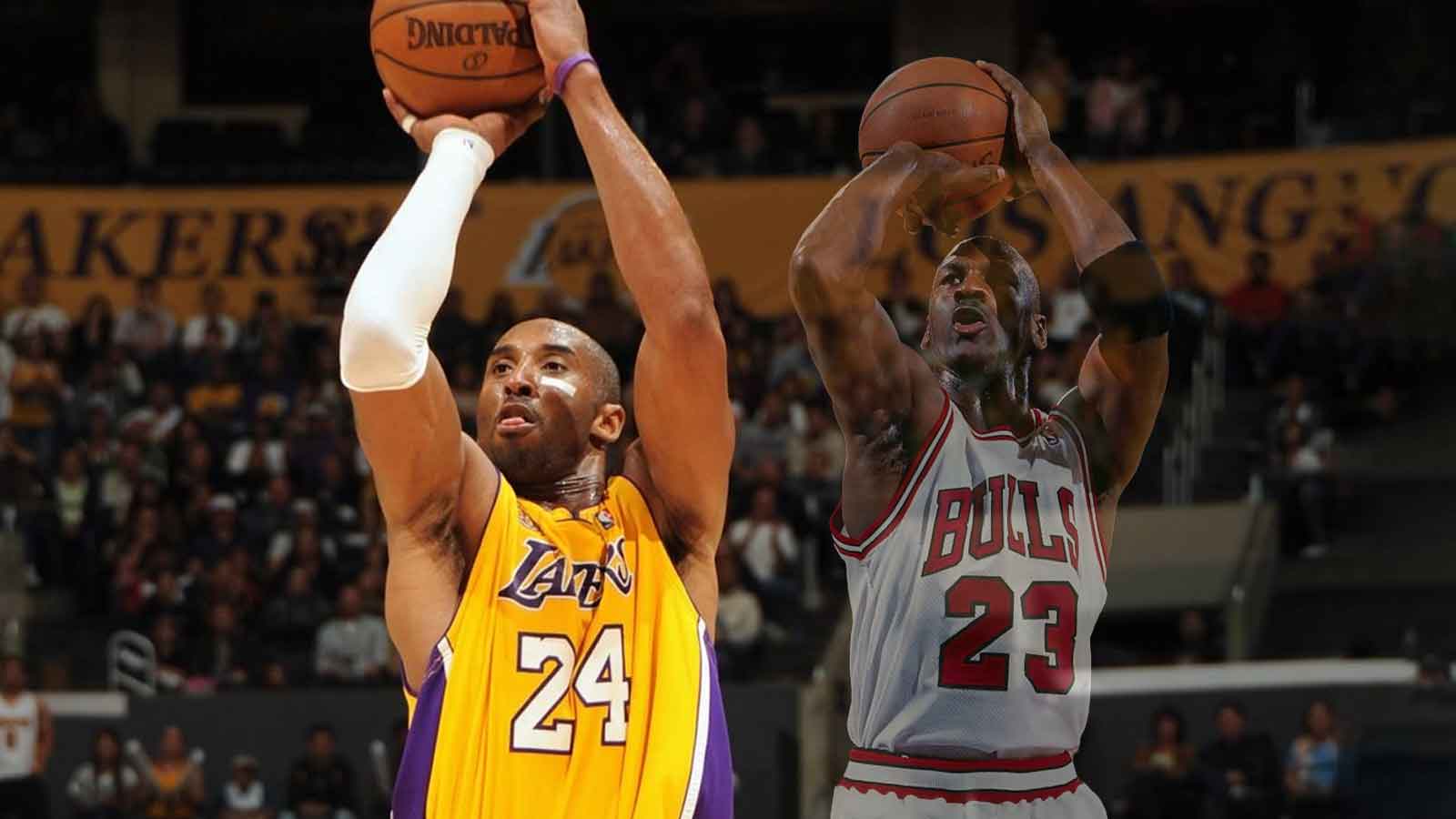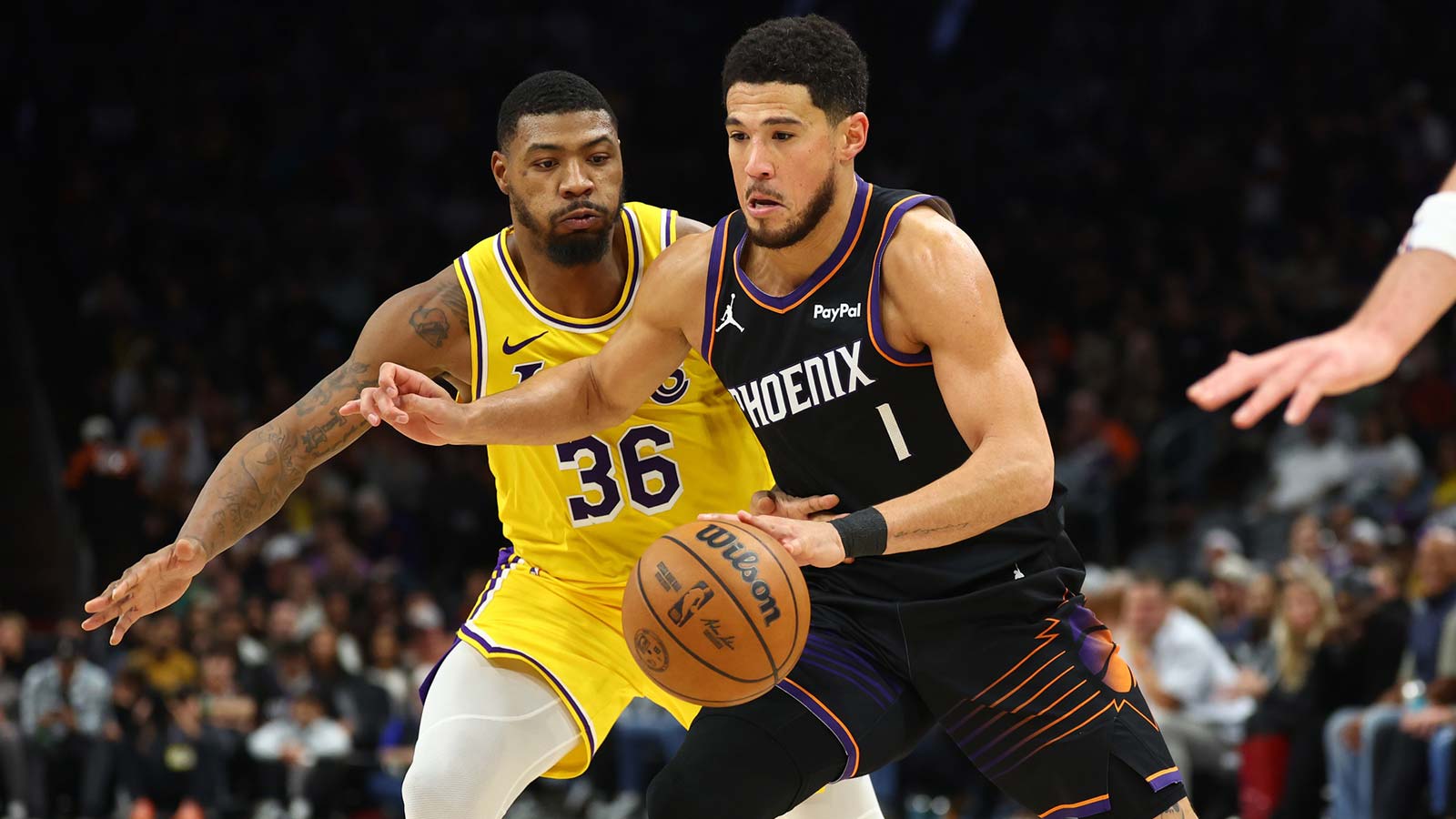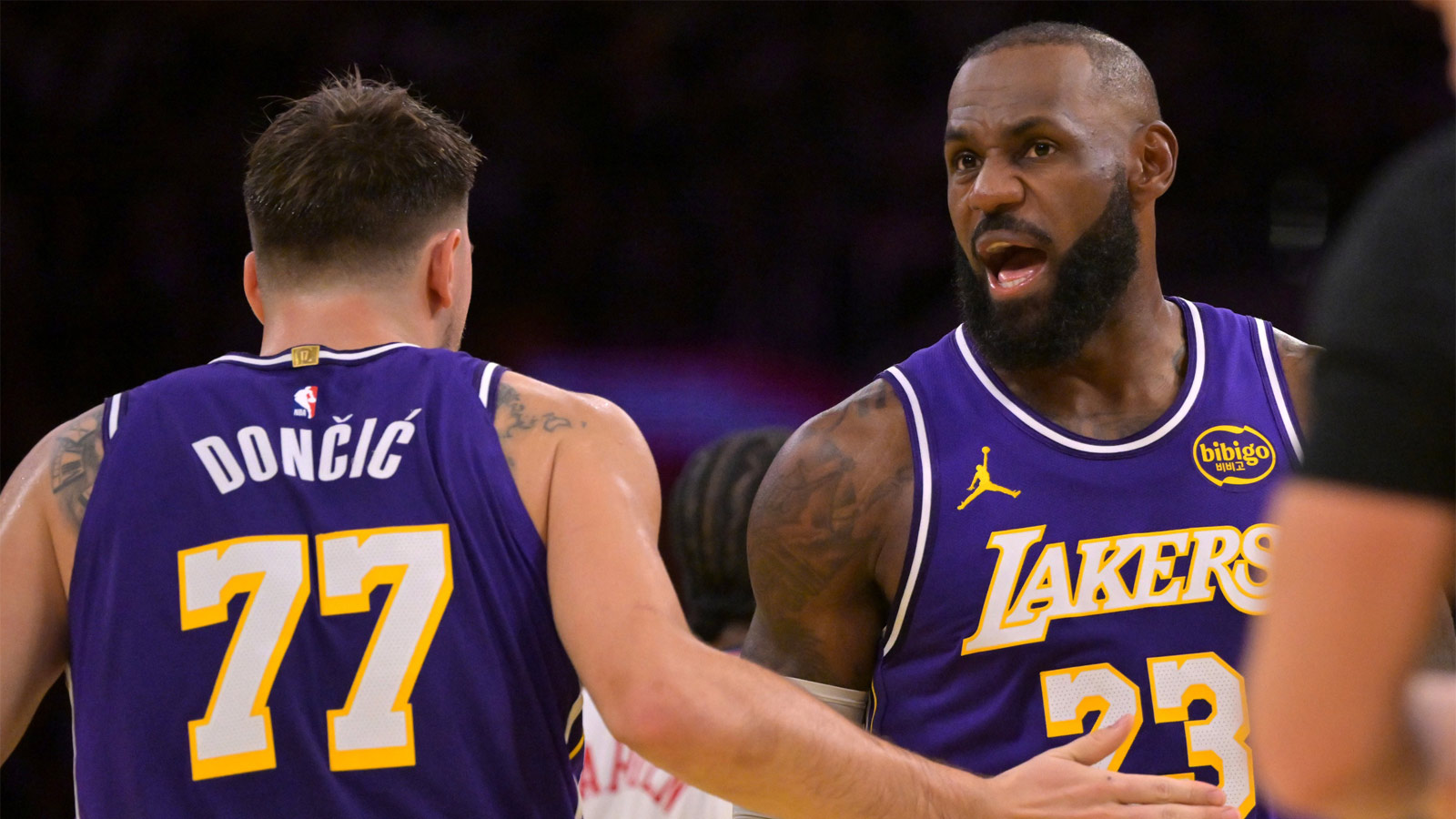Despite LeBron James reaching the remarkable milestone of 40,000 career points, sports commentator Skip Bayless remains unswayed in his assessment of James's place in basketball history, ranking him 9th on his all-time list. Bayless's stance, articulated with his typical provocation, hinges on the belief that longevity in the sport does not necessarily equate to greater skill or legacy. This perspective is consistent with Bayless's long-standing critical viewpoint on James, which has been a notable feature of his commentary career.
Bayless's critique of LeBron James has often been more than just about numbers; it's a reflection of a broader skepticism towards the criteria used to evaluate greatness in sports. In his view, achieving a high points total, while impressive, is not the sole determinant of an athlete's all-time ranking. This underscores a recurring debate in sports about the relative importance of longevity, peak performance, individual accolades, and championship victories in defining a player's legacy.
The backdrop to this ongoing debate is Bayless's history of critiquing James, which dates back to LeBron's early career. Bayless has questioned James's clutch performances, leadership, and comparisons to other basketball legends, such as Michael Jordan. This skepticism has been a constant theme, even as LeBron has accumulated numerous accolades, including four NBA championships, four MVP Awards, and now, the 40,000-point milestone.
Bayless's comments have often sparked widespread discussion and debate among basketball fans and analysts, reflecting the polarizing nature of evaluating sports legacies. While some agree with Bayless's stringent criteria for greatness, others argue that LeBron's longevity, coupled with his high level of play over two decades, should elevate him in the all-time rankings. This debate touches on broader questions about how to measure success and greatness in sports, considering various factors such as statistical achievements, leadership, impact on the game, and championships.
In response to Bayless's position, it's important to consider the broader context of LeBron James's career. Beyond his scoring achievements, James has been lauded for his versatility, basketball IQ, and the ability to elevate the performance of his teams. His impact extends off the court as well, with significant contributions to community initiatives and social justice causes. These aspects of LeBron's career highlight the multifaceted criteria that many fans and analysts consider when evaluating a player's legacy.
As the debate continues, it's clear that opinions on LeBron James's place in basketball history will remain divided, influenced by varying criteria for greatness and personal biases. Skip Bayless's steadfast ranking of James reflects a particular perspective that prioritizes certain achievements and qualities over others. Meanwhile, LeBron's ongoing career offers him more opportunities to influence his legacy and perhaps challenge the narratives of his detractors.
In conclusion, Skip Bayless's commentary on LeBron James, especially in light of the 40,000-point milestone, underscores the complex and subjective nature of sports legacy discussions. While Bayless remains unmoved in his ranking, the debate around LeBron's place in basketball history is far from settled, reflecting broader conversations about what defines greatness in the sport. As LeBron continues to play and shape his legacy, these discussions will undoubtedly evolve, offering new perspectives on an already storied career.



